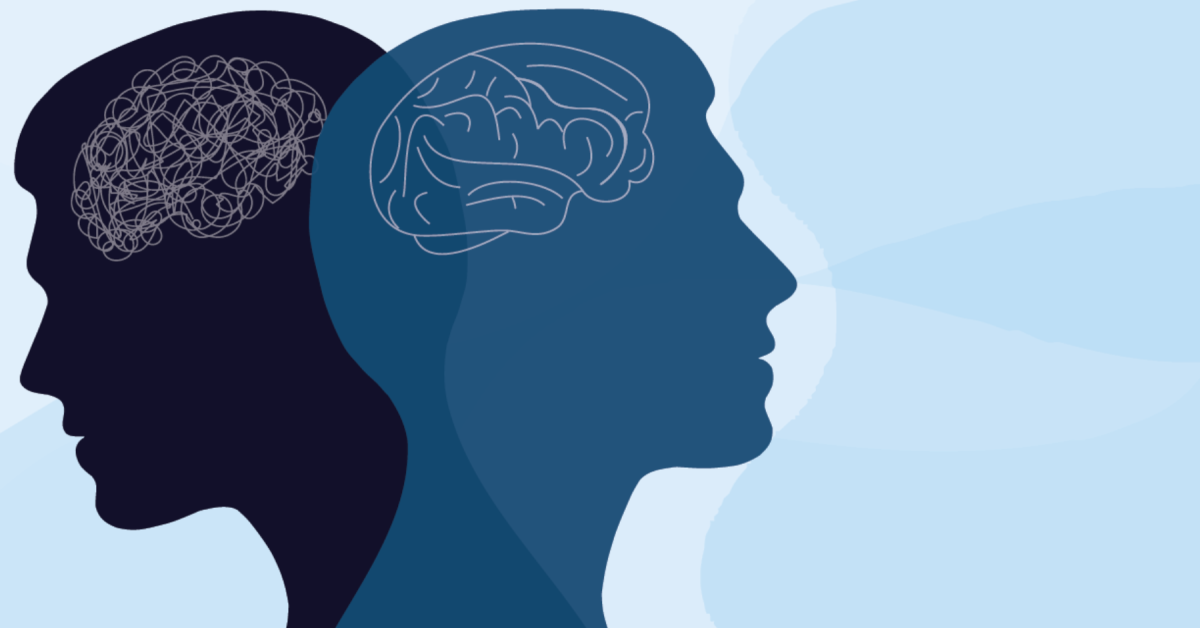Inpatient Mental Health Services Designed for Whole-Person Care
Inpatient Mental Health Services Designed for Whole-Person Care
Blog Article
Comprehensive Inpatient Mental Health Solutions for Effective Therapy
Inpatient mental health and wellness solutions stand for an essential part of the healthcare system, offering a intensive and structured atmosphere for people experiencing extreme emotional distress. These services utilize a multidisciplinary strategy, integrating various evidence-based therapies to attend to the intricate demands of patients. However, the effectiveness of such thorough treatment extends past prompt stablizing; it also includes the transition to outpatient support, a vital stage usually overlooked. Discovering the nuances of this continuum exposes substantial implications for both individual recovery and more comprehensive psychological health outcomes. What variables truly influence this shift, and how can we enhance its effectiveness?
Recognizing Inpatient Mental Health And Wellness Services
Inpatient psychological health solutions offer critical assistance for individuals experiencing extreme psychological distress that can not be taken care of successfully in an outpatient setup. These solutions are made to provide an extensive level of treatment in a structured setting, typically within a medical facility or specialized center. Patients confessed to inpatient programs generally present acute signs, such as self-destructive ideation, severe depression, or psychosis, requiring continuous monitoring and intervention.
The admission procedure usually includes a thorough assessment by psychological health and wellness specialists, that assess the person's psychological state, history, and immediate requirements. As soon as confessed, clients take part in a selection of therapeutic techniques tailored to their details needs, including medication management, individual therapy, and team sessions. This all natural strategy aims to stabilize the client's condition, advertise safety and security, and foster coping skills.
Inpatient mental health and wellness services not only address instant wellness problems yet additionally act as a bridge to recurring care. By supplying a regulated environment, these services promote the advancement of therapy strategies that can be proceeded in outpatient settings, thus guaranteeing a continuum of treatment and improving long-term outcomes for individuals with complex mental health needs.
Key Elements of Effective Therapy
Reliable therapy in inpatient mental health and wellness services consists of numerous vital parts that promote healing and stabilization. A detailed evaluation is important to identify the person's particular needs and obstacles. This evaluation informs the growth of a customized treatment strategy, which acts as a roadmap for intervention.
An additional essential part is the multidisciplinary team approach. Cooperation among psychoanalysts, psycho therapists, nurses, and social employees guarantees that various viewpoints add to the person's care, enhancing the performance of treatment. Evidence-based healing modalities, such as cognitive-behavioral treatment (CBT) and dialectical behavior modification (DBT), are also indispensable, offering organized techniques that resolve maladaptive thought patterns and behavior issues.

Last but not least, a concentrate on aftercare planning is vital to guarantee a smooth shift to outpatient solutions, reducing the threat of relapse and advertising long-lasting health. These collective elements create an efficient therapy framework within inpatient psychological health solutions.
Benefits of Comprehensive Treatment

Comprehensive care in inpatient mental health and wellness services uses countless advantages that significantly enhance person outcomes. One of the main advantages is the alternative technique to therapy, resolving not just the emotional signs and symptoms yet additionally the physical, social, and psychological demands of people. This detailed assessment enables customized treatments that advertise general wellness.
One more benefit is the assimilation of multidisciplinary groups, which cultivates cooperation amongst health care experts. This collaborative environment ensures that patients obtain worked with care, reducing the threat of fragmented therapy and boosting communication among caretakers. In addition, thorough treatment helps with continuity of solutions, enabling smooth shifts from inpatient to outpatient settings, which is essential for lasting recuperation.

Last but not least, the organized atmosphere of comprehensive inpatient treatment gives a risk-free room for individuals to take part in therapeutic tasks, assisting them establish dealing approaches and durability. Collectively, these advantages contribute to more reliable therapy and enhanced lifestyle for individuals experiencing psychological health and wellness situations.
Evidence-Based Restorative Methods
In the world of mental health therapy, evidence-based therapeutic strategies play a critical function in making certain that patients receive efficient and scientifically sustained interventions. These techniques inpatient mental health treatment integrate the very best available study with medical proficiency and client worths, promoting a customized treatment experience that attends to individual requirements.
Cognitive Behavioral Therapy (CBT) is among one of the most extensively acknowledged evidence-based approaches, concentrating on identifying and changing unfavorable idea patterns and actions. This organized approach has demonstrated effectiveness in treating conditions such as ptsd, anxiety, and anxiety. Similarly, Dialectical Behavior Therapy (DBT) is especially efficient for individuals with borderline individuality problem, stressing the development of emotional regulation and interpersonal effectiveness skills.
In addition, drug administration is usually an integral component of evidence-based therapy, as psychotropic medications can alleviate signs and boost overall functioning. Joint treatment designs, which include multidisciplinary teams, additionally enhance the effectiveness of inpatient solutions by ensuring comprehensive examinations and constant tracking.
Inevitably, the combination of evidence-based healing approaches not just promotes favorable medical outcomes however also encourages clients, fostering a feeling of agency and strength in their mental wellness journeys.
Transitioning to Outpatient Assistance
The shift from inpatient mental health solutions to outpatient support notes a vital stage in a patient's healing trip. This period calls for careful preparation and coordination to make sure connection of care and to alleviate the risks of relapse or situation. Effective discharge planning need to commence early in the inpatient remain, entailing a multidisciplinary team that includes psychoanalysts, psychologists, nurses, and social employees.
Secret elements of a successful change consist of the development of a detailed aftercare strategy tailored to the individual's certain demands. This plan ought to detail follow-up consultations, medication monitoring, and restorative treatments, as well as identify neighborhood resources and assistance teams that can facilitate ongoing healing.
Additionally, person and family members education is important during this stage. Recognizing the indicators of potential setbacks and the significance of adhering to treatment can equip clients and their support group.
Routine follow-up and reassessment of the outpatient plan are necessary to resolve advancing obstacles. By fostering a collective connection in between outpatient and inpatient carriers, the chance of continual recuperation boosts, eventually improving the client's lifestyle and decreasing the risk of readmission.

Verdict
In summary, comprehensive inpatient psychological wellness solutions use a necessary structure for dealing with severe psychological distress via a multidisciplinary strategy. Inevitably, such detailed care is important for long-term mental health and wellness and well-being.
The admission procedure usually includes a detailed assessment by psychological wellness experts, who review the person's mental state, background, and immediate requirements.Effective therapy in inpatient mental health solutions makes up several vital elements that foster recuperation and stabilization.Thorough treatment in inpatient mental wellness services supplies various advantages that significantly boost individual outcomes.The shift from inpatient mental health and wellness services to outpatient assistance marks an important phase in a person's recovery trip.In summary, detailed inpatient mental health and wellness solutions provide an essential framework for attending to severe mental distress via a multidisciplinary method.
Report this page